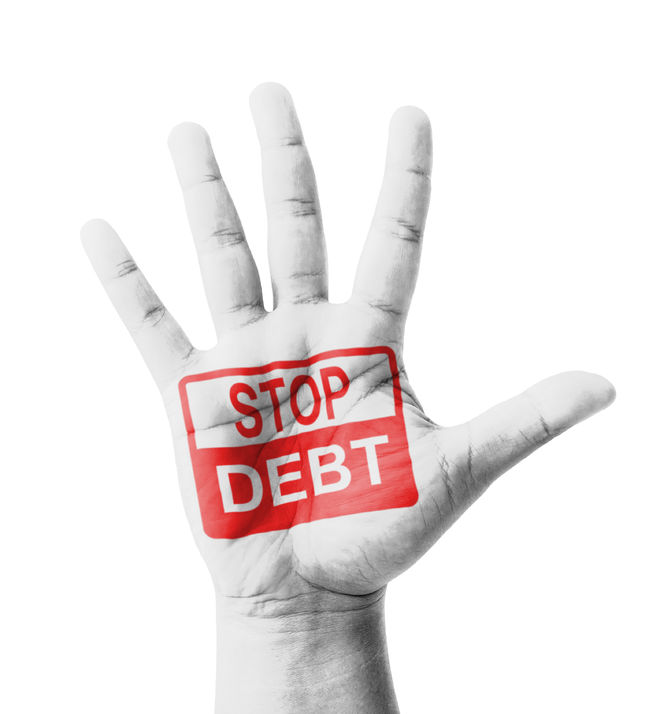Your Credit Score After Filing Oklahoma Bankruptcy is impacted in many ways that you might not have expected. Those who are considering bankruptcy will often worry that their credit score will never recover or that they won’t be able to have a good credit score ever again. The reality is, however, that rebuilding credit is not as difficult as it seems. Creditors will offer loans, credit cards, and other services to those who have filed for Chapter 7 bankruptcy in the past, which means it is possible to rebuild and improve the credit score.
What Happens to Debt During Bankruptcy?
During bankruptcy, debts will either be paid down or paid off depending on the type of bankruptcy filed. Some debts, however, will not be removed through bankruptcy. This includes student loans, child support, alimony, debts for civil court cases, and fines or penalties owed to the government. If the debt is covered by the bankruptcy, it will be completed when the bankruptcy is finished. This means the filer won’t have to worry about paying anything further towards the discharged debts when the bankruptcy is done.
How is a Credit Score Impacted by Bankruptcy
A bankruptcy generally stays on the filer’s credit report for 10 years. This sounds a lot worse than it actually is. Though it is possible for lenders to see the bankruptcy, the effectiveness of the bankruptcy does wear off over time. It can impact the filer’s credit score significantly in the first year after completing the bankruptcy, but it starts to have less of an impact as time goes on. This means it’s possible to start rebuilding credit quickly.
How to Start Rebuilding Credit Today
Your credit score after filing Oklahoma bankruptcy can be repaired quicker than you think. Many people worry that no one will lend them money or give them a credit card after they file for bankruptcy. Most people who file, however, are surprised that it’s easier than they thought to start rebuilding credit. Once the bankruptcy is finished, the debts owed are gone, so your debt to income ratio is greatly reduced. Plus, it’s only possible to file for bankruptcy once every eight years, so creditors are often more likely to lend you money realizing that you cant file again for some time.
Those who do file for bankruptcy can start applying for new credit as soon as they would like. It is a good idea to first set up an emergency fund to pay any debts in case of job loss or illness, so they don’t end up having to file for bankruptcy again in the future. Once they have an emergency fund, they can start rebuilding credit by obtaining a secured credit card, co-signing on a loan with a qualified co-applicant, or by becoming an authorized user on an account. It is important to make sure all creditors are reporting the timely payments to the credit bureaus to ensure it is helping rebuild their credit.
If you’re considering filing for bankruptcy, there’s no need to worry about your ability to rebuild your credit in the future. A consultation with a lawyer can help you learn more about the specifics for your situation as well as to understand what can happen after the bankruptcy is finished.

